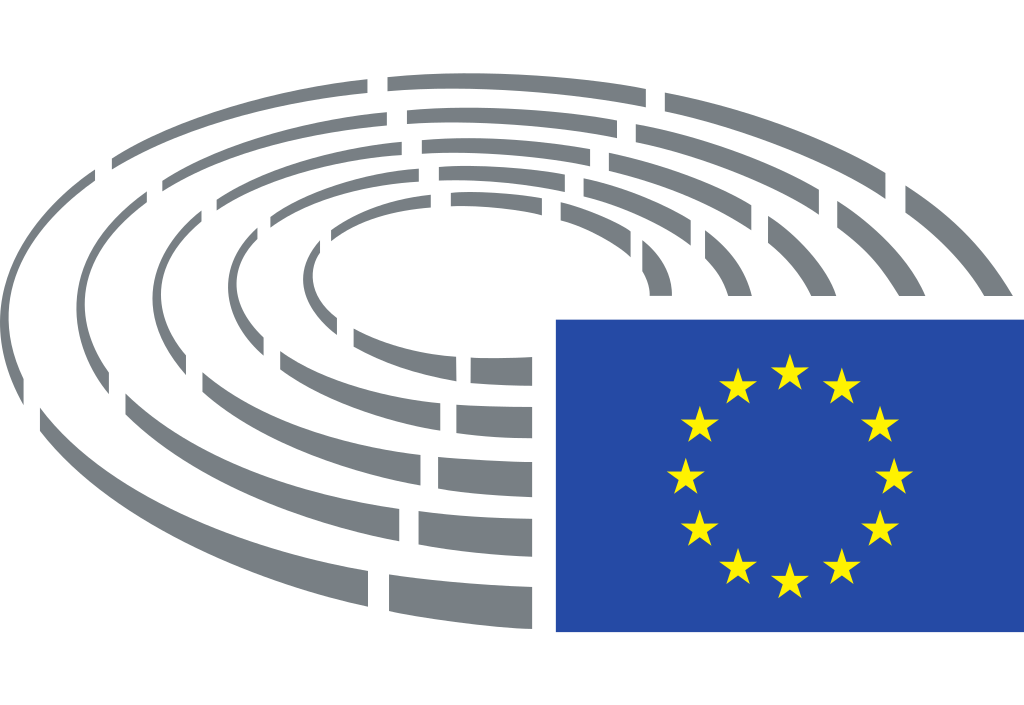The European Union is nothing more than a cartel of governments that tries to gain power by harmonizing the fiscal and regulatory legislation in every member State. Article 99 of the Treaty of Rome (1957) clearly states that indirect taxation “can be harmonized in the interest of the Common Market” by the European Commission. As for Article 101 of the same Treaty, it explicitly restrains regulatory competition “where the Commission finds that a disparity existing between the legislative or administrative provisions of the Member States distorts the conditions of competition in the Common Market.”
Since the very beginning, with the creation of the European Coal and Steel Community (ECSC) in 1951, the European institutions were more planning agencies than anything else. Indeed, the coal and steel industries at the time were mostly nationalized and the goal of the ECSC was to coordinate governments’ activities in these two sectors, not to liberalize activity.
The fact that the ECSC was not about free trade but about government planning was known by everybody at the time. It was Robert Schuman, the French minister of foreign affairs, who proposed in his declaration of 9 May 1950, that the Franco-German coal and steel production be placed under a common High Authority within the framework of an organization in which other European countries could participate.
Also, the ECSC created for the first time European anti-trust legislation, which as Austrians know, is nothing less than government planning in the name of an erroneous vision of what competition is. Even the Treaty of Rome (1957), the basis of the EU as we know it, despite enacting the free movement of goods, capital, and persons, remains a highly statist treaty.




